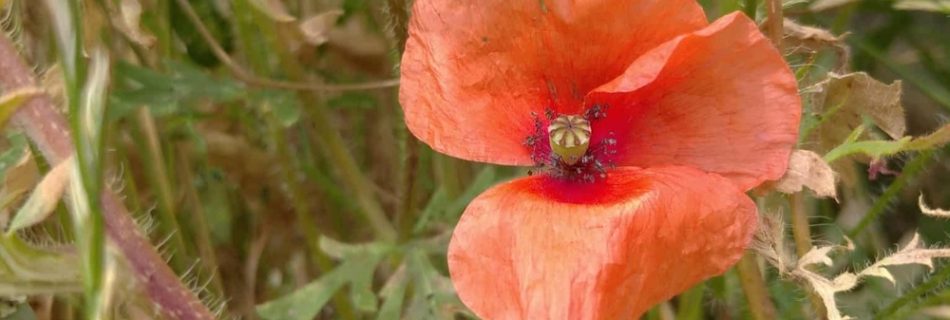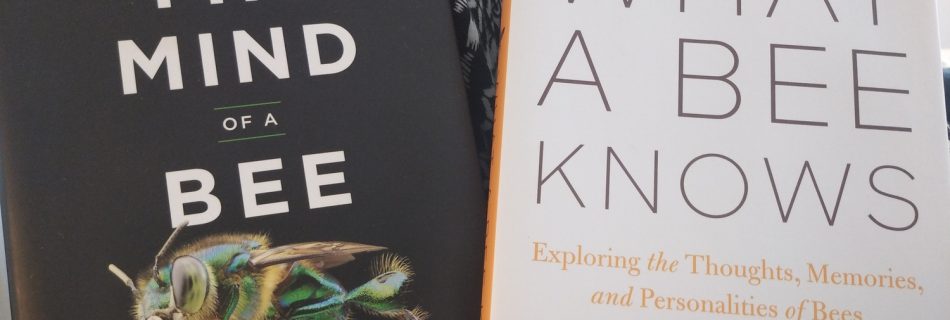New paper: Gardens for conservation
I am excited to share our latest article, entitled ‘Improving biodiversity in Central and Eastern European gardens needs regionally scaled strategies‘, which has just been published in Urban Forestry & Urban Greening and is now available online here. This article is the output of an international project, which Dr. Gabor Pozsgai and I conceived, and …





